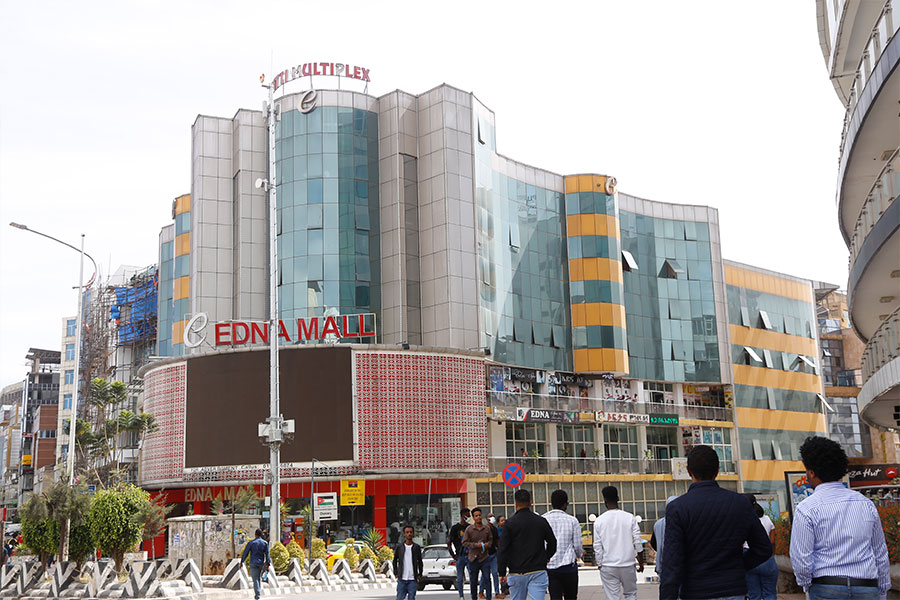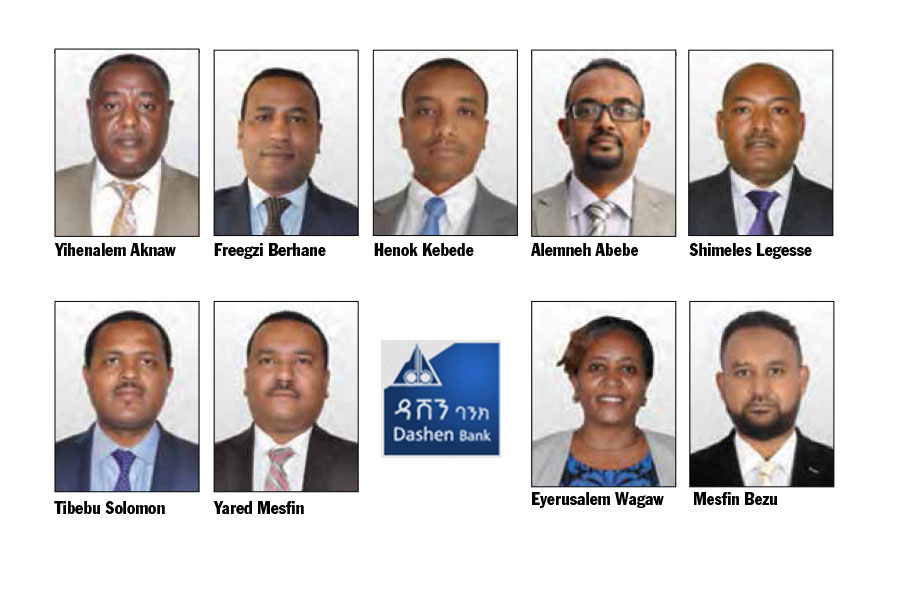
Radar | Oct 02,2023
Aug 24 , 2019
By YOSEPH MERGU ( FORTUNE STAFF WRITER )
The German development agency has drafted a new guideline on how to manage and reuse sludge discharged from textile and garment plants.
Deutsche Gesellschaft fur Internationale Zusammenarbeit (GIZ) GmbH designed the guideline with the main aim of improving social and environmental standards in textile and garment factories in Ethiopia. So far, the country does not have a standard for sludge management, though most leather and textile companies find it difficult to deal with this byproduct.
The guideline, which took two years to be designed at a cost of four million euros, was discussed and validated with stakeholders during a workshop held at Hilton Hotel Addis Abeba on August 23, 2019. It differentiates dangerous types of sludge and points out treatment methods to turn sludge into a resource for other uses.
Representatives from the Environment, Forest & Climate Change Commission, Ministry of Trade & Industry, Ethiopian Textile & Garment Manufacturers Association, Ethiopia Textile Industry Development Institute, Industry Parks Development Corporation of Ethiopia and Ethiopia Ministry of Labor & Social Affairs attended the validation workshop.
The guideline will also serve as a strategic document for reviewing policy and law, as well as prepare standards for hazardous waste management including sludge, according to Ayele Hegena (PhD), director of policy, legislation and standard research and development at the Environment, Forest & Climate Change Commission.
“There are 30 years of sludge accumulated in different industries," said Ayele. "The new industries are facing the same challenge."
There are 1,345 textile, apparel, garment and leather projects registered by the Ethiopian Investment Commission and the regional investment bureaus. Out of this total, only 16pc of them are operational, while the remaining are at the implementation and pre-implementation stages.
The textile industry is growing at an average of 51pc for the past five years, and 65 international textile companies have registered in the country. Last year, the country generated 110 million dollars from the export of textile products, meeting only 46pc of the goal.
GIZ designed the guideline under the sustainable textile programme (eTex), in which it works with different bodies to improve the capacity of inspectors at the Ministry of Labor & Social Affairs and the Commission.
Zerihun Getaneh, a lecturer at Addis Abeba University's School of Civil & Environmental Engineering, comments that the primary focus has to be changing the sludge into resources.
“Sludge could be used after passing through adequate treatment," he said. "Treated sludge can have a similar nature to fertiliser or can be turned into an input for construction work.”
According to Zerihun, when exporting textiles to different countries, one of the requirements is the environmental management standard of the exporter.
"In addition to the quality of the product, the extent to which the manufacturer treats sludge determines the acceptance and price of textile products," said Zerihun, "so it will be beneficial if the government can set standards for sludge management for the manufacturers."
Industrial parks in the country, where textile companies are operating, also implemented Zero Liquid Discharge, a treatment process to remove all the liquid waste from a system. Hawassa Industrial Park is the pioneer in having a Zero Liquid Discharge system that was developed and managed by Arvind Evisol Plc for two years.
PUBLISHED ON
Aug 24,2019 [ VOL
20 , NO
1008]

Fortune News | Apr 20,2019

Radar | Jun 30,2024

Fortune News | Jan 07,2023

Fortune News | May 07,2022

Fortune News | Jan 19,2019

Dec 22 , 2024 . By TIZITA SHEWAFERAW
Charged with transforming colossal state-owned enterprises into modern and competitiv...

Aug 18 , 2024 . By AKSAH ITALO
Although predictable Yonas Zerihun's job in the ride-hailing service is not immune to...

Jul 28 , 2024 . By TIZITA SHEWAFERAW
Unhabitual, perhaps too many, Samuel Gebreyohannes, 38, used to occasionally enjoy a couple of beers at breakfast. However, he recently swit...

Jul 13 , 2024 . By AKSAH ITALO
Investors who rely on tractors, trucks, and field vehicles for commuting, transporting commodities, and f...

Oct 25 , 2025
The regulatory machinery is on overdrive. In only two years, no fewer than 35 new pro...

Oct 18 , 2025
The political establishment, notably the ruling party and its top brass, has become p...

Oct 11 , 2025
Ladislas Farago, a roving Associated Press (AP) correspondent, arrived in Ethiopia in...

Oct 4 , 2025
Eyob Tekalegn (PhD) had been in the Governor's chair for only weeks when, on Septembe...